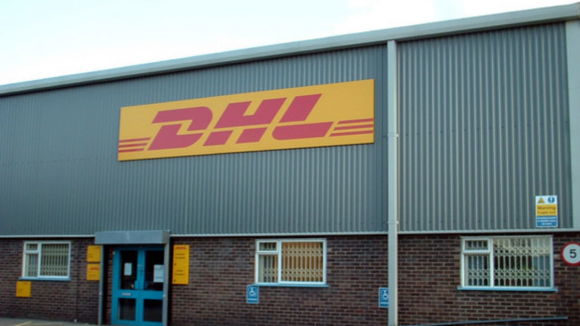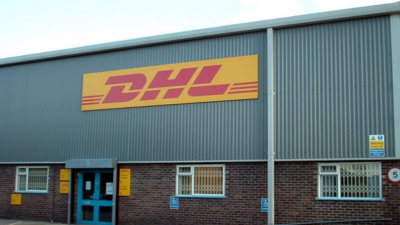DHL supply chain trucks will now fill their trucks with biomethane, which is carbon neutral. It has pumped €80 million (about AU$132 million) into a dedicated biomethane production facility run by Stream BioEnergy. The new facility will be based in Ireland and provide renewable gas to about 150 trucks. This will reduce the logistics provider’s carbon tax by 15,000 tons. This is similar to 61 million km driven by an average petrol-powered passenger vehicle.
For now, while the production of this depot ramps up, DHL will “subsidize the biomethane from other sources.” But once the facility is up and running, the company will operate 92 locally fuelled biomethane trucks across Tesco’s country-wide network.
More about Stream BioEnergy
This company develops and operates biogas projects that use anaerobic digestion technology to produce biogas. Anaerobic digestion is when bacteria break down wastewater solids, food, or other waste when no oxygen is available. According to Stream BioEnergy, this produces methane-rich biogas and a nutrient-rich fertilizer known as ‘digestate.’
Stream BioEnergy explains what it does, “The biogas can be converted into renewable electricity, or it can be upgraded to biomethane for use as a vehicle fuel or for injection directly into the gas network to provide a source of renewable heat. Biogas is an important part of the transition to sustainable energy production and use.”
Production site in Ireland, Cork
The production site at Little Island in Cork is owned and run by Stream BioEnergy. This facility will process about 90,000 tonnes of industry and consumer food waste annually. The trash would otherwise end up on landfill sites already battling with a capacity.
At this stage, the facility is big enough to cater to the project’s demand and won’t need any upgrade to its infrastructure. The logistics company says this renewable gas has many benefits: “Biomethane is a flexible and a cost-effective way to decarbonize commercial road transport.”
Air pollution problems in Ireland
The Environmental Protection Agency (EPA) is warning that using less solid fuel to heat homes and significantly reducing the use of vehicles on the road in Ireland is needed to meet the World Health Organization’s pollution guidelines.
Although the air quality in this country is relatively good, there are areas where “particulate pollution” threatens the public’s health, says the EPA.
DHL says that this new 10-year deal will play a fundamental decarbonizing role in the retail transport sector in Ireland. The plan is to roll out this to other industries where they operate. “Given the scale of the rollout, this will be a game changer for the transportation industry in Ireland,” says DHL.
About the author
Mia is a multi-award-winning journalist. She has more than 14 years of experience in mainstream media. She's covered many historic moments that happened in Africa and internationally. She has a strong focus on human interest stories, to bring her readers and viewers closer to the topics at hand.











